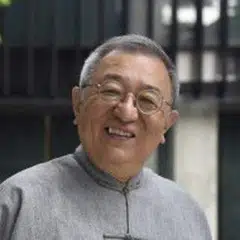Cultural historian Cheng Pei-kai: Life and death are predestined, and wealth and poverty are heaven's arrangement
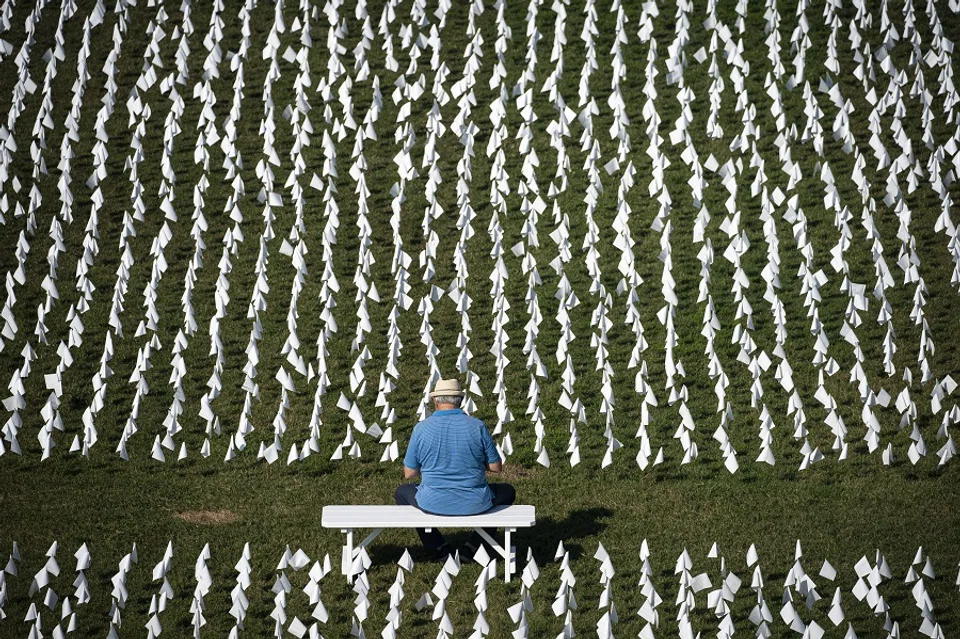
3 April 2020
As a Chinese saying goes, "Life and death are predestined, and wealth and poverty are heaven's arrangement." The lives of the ancient Chinese were filled with uncertainty; they realised they could not control what came their way. Thus, they attributed everything to fate and the heavens, as if an invisible hand worked behind the scenes, manipulating life's events and determining if a person would live or die.
When medical technology was backward, doctors couldn't do anything in the face of a pandemic. People could only pray to the gods or seek prescriptions from the witch doctor, which could be a talisman or a bag of incense ashes. People often left it to fate and watched their loved ones die.
The end of the Han dynasty was marked by a period of turmoil as the warlords fought one another in a battle for control. Years of war were followed by famine and plague, and the people suffered greatly. Put in the words of the ancient people, "The plague wreaked havoc, and the deceased piled up on top of one another."
Chinese warlord Cao Cao personally experienced this period of history. As he witnessed the deaths of millions following his defeat at the Battle of Red Cliffs, he composed the poem, Haoli Xing (《蒿里行》). A line in it reads: "Lice and fleas infest the soldiers' long-worn armours. Multitudes of people have died; their skeletons lay bare in the scorched fields. Not a single person is in sight, and not a crow of the rooster can be heard for a thousand li. Would even a soul out of a hundred souls survive? My heart breaks whenever I think of this."
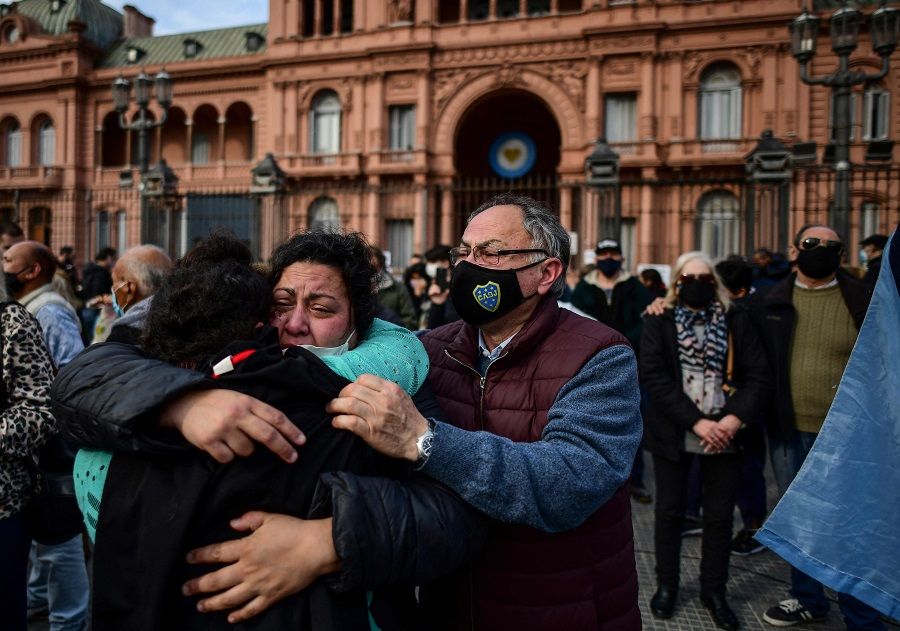
Such lethal plagues, littered through history, often had much to do with social unrest. We see this for instance in the Black Death that struck Europe and Asia in the mid-1300s, the plagues that the Spanish brought to the Americas after conquering it, the plague in northern Shaanxi that led to the uprising led by rebel leader Li Zicheng in the late Ming dynasty, and the Spanish flu following the First World War.
Tempting fate
With the advent of the 21st century, globalisation which has made the world a single entity, the all-knowing and all-powerful big data, and advancements in science and medicine, we think that the dead can now be raised. We believe that plagues no longer wield Death's sickle or would be as invincible and lethal as before. We believe in the power of science; we think that even if an epidemic occurs, like SARS in 2003, it would only be confined to a specific area and spread within a limited range. We believe that the modern healthcare system would be able to keep it under control.
Alas, the coronavirus broke out and spiralled out of control, sending people into a state of panic. The situation is even more catastrophic than aliens invading earth in sci-fi movies. The coronavirus crept in like a cat treading on a rug, but it is as if humans have been thrown into the flood that Noah experienced in the Bible. Humanity is struggling to stay afloat in the waves of the coronavirus, or rather desperately begging to stay alive.
Thinking back, the coronavirus is really cunning. It first lurked in Wuhan's Huanan Seafood Wholesale Market, coldly watching swarms of people enter and leave during the Lunar New Year period. It observed the people as they went about their New Year celebrations and watched as politicians basked in the applause of summits. Then it blew in like a sudden snowstorm, striking a blow when it deemed fit, as described in Tang dynasty poet Li Bai's poem Xiake Xing (《侠客行》): "They kill a person in ten steps and are unstoppable across a thousand li (里, a Chinese unit of measurement). They leave after they are done, and no one knows their names."
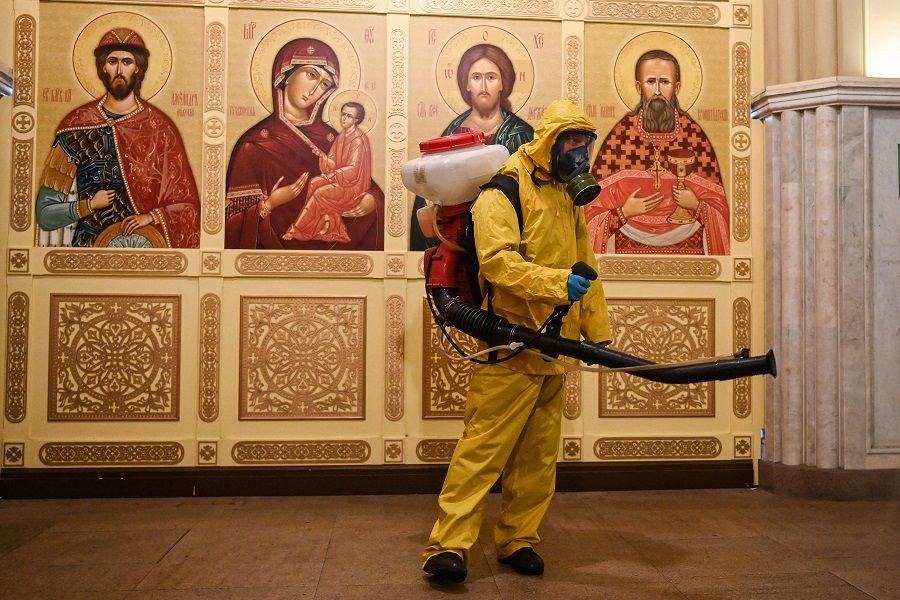
Before the medical field could even name the killer, the coronavirus army swept through the land like a tsunami and ravaged the region. The nation's medical workers were summoned to Wuhan and the whole country was mobilised to contain the catastrophe. The pandemic affected the whole of China but Europe and the US remained unmoved, like VIPs watching a horse-racing match from a viewing platform, elegantly lifting their gold-plated binoculars as a fire burned across the river. It seemed as if the virus was racist and only targeted inferior and backward Asian countries, not daring to lay a finger on superior white guests from a faraway land.
After all, Europe and the US have far more advanced medical facilities and technology than China - why the need to fear an insignificant coronavirus or a plague that only spreads in backward areas? In February, US President Donald Trump openly expressed that the US only had a few Covid-19 cases that were all imported from Wuhan. He said that it would be gone with the wind after a few days.
I finally realised that perpetual sorrow was hidden behind Stone's anger.
Putting the economy before human lives
But everyone knows what happened after that. By April, the US seemed to have really become "America First" as Trump wished, but in terms of confirmed coronavirus cases, which exceeded 300,000. (P.S.: By 1 May 2020, confirmed cases in the US exceeded one million, accounting for one-third of the global total. The death toll had also exceeded 60,000, shocking the world.) The coronavirus freely roamed the land of the free with Death's giant sickle in hand, reaping a harvest of death as a result of Trump's ignorance and folly.
I still remember how late American journalist I. F. Stone attacked manipulative politicians over 40 years ago. He said, "Every government is run by liars. Nothing they say should be believed." Back then, I felt that his views were too extreme. I thought that he made a sweeping statement that was unfair to politicians who entered the field with society's interests at heart. But now, I see how Trump manipulated public opinion amid the pandemic, and how officials of the Republican Party abandoned their principles and only cared about the party's interests. They did not care about people's lives and lacked conscience and basic humanity. I finally realised that perpetual sorrow was hidden behind Stone's anger.
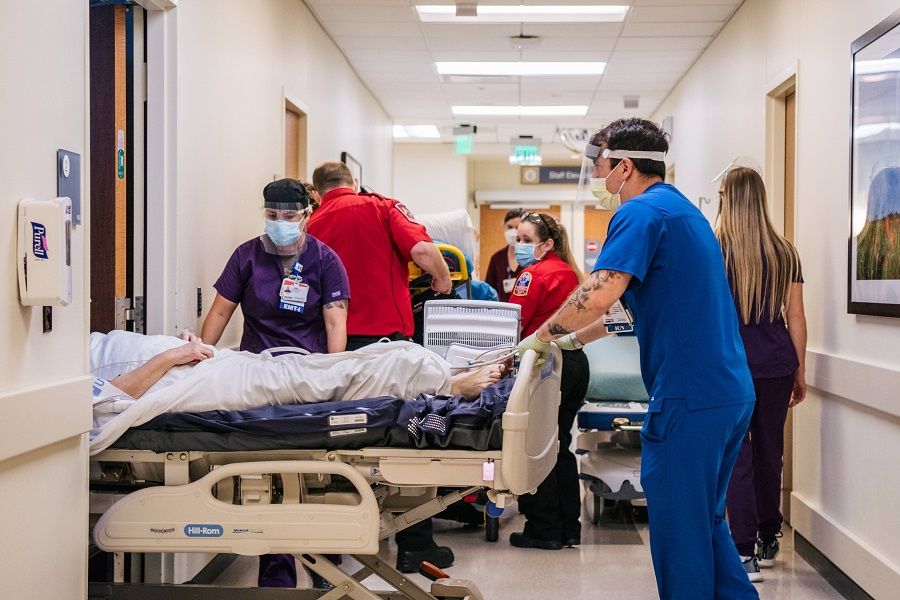
What should the government do in the face of a plague? Treat the patients of course! Fighting the pandemic comes first in order to reduce the number of deaths. But why are there "far-sighted" leaders like Trump who must first decide whether the economy or humans come first? Are we being too naive to think that the preservation of human life takes precedence over all else, or is the world overly complex to the point where politicians are the only ones who are far-sighted enough to understand that economic development cannot be compromised and the stock market must never crash? Do humans live to develop the economy?
"The US has a population of 330 million people. If 1% of its population dies, that's only 3.3 million people." - a friend's candid comment
A friend told me that I didn't understand economics or the importance of planning for long-term sustainable development; that was why I could ask such a childish question. He said, "Everyone dies sooner or later anyway. If 1% of the population dies from the pandemic, 99% of the population remain, and this wouldn't have a great impact on humankind. The US has a population of 330 million people. If 1% of its population dies, that's only 3.3 million people. There would still be 326.7 million people remaining, so why worry? At the end of the day, the economy is more important. If another Great Recession occurs, people's livelihoods would be affected and everyone suffers. So why not protect Wall Street and Dow Jones first? Just leave the people be! The people will only have food to eat and not starve to death in the future if big enterprises and industries are protected."
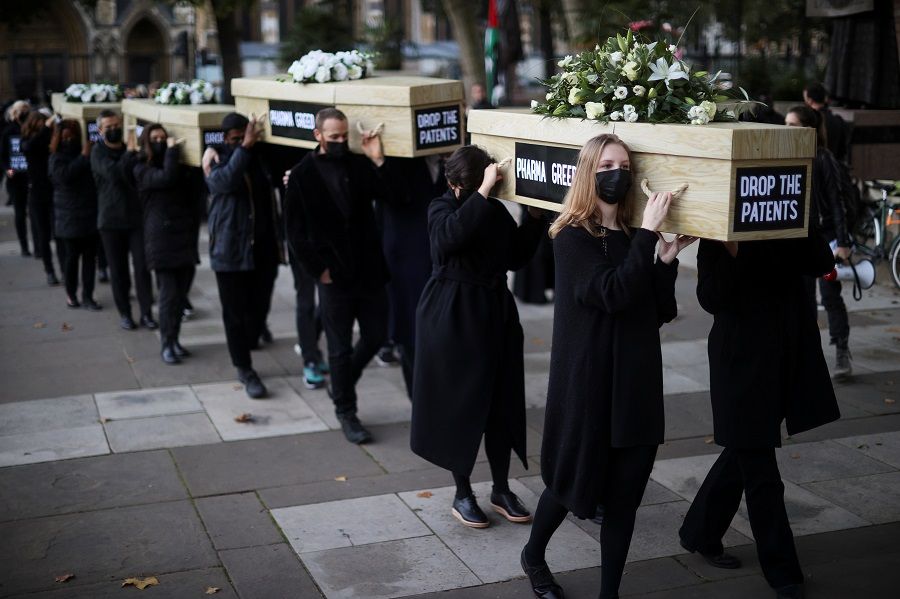
This is like a game of chess: you sacrifice the pawn to save the rook, and sacrifice the knight to save the king. If the big boss collapses, everyone will starve. So, the economy is more important than humans. My friend told me to be clear about this: Trump said that Americans must brace themselves for a few painful weeks ahead and that if deaths were kept below 200,000, he would have done a good job and deserves to be re-elected as US president.
This friend further remarked that Trump was actually being surprisingly humble this time round because he did not blatantly say that losing 1% of the population was no big deal as long as the economy was saved. Trump predicted that only 200,000 lives would be lost - this is less than one thousandth of a percent. He thus saved 3.1 million American lives and helped them survive the pandemic. Shouldn't people be grateful and support his re-election?
Thanks to you, I learnt something new, I told my friend. It turns out that America today also believes in the saying "Life and death are predestined, and wealth and poverty are heaven's arrangement".
Related: Cultural historian Cheng Pei-kai: The best antidote for surviving the pandemic | Cultural historian Cheng Pei-kai: The power of the individual during a pandemic | How can we survive this catastrophe? | Taiwanese art historian: What flowers and swallows taught me about life amid the pandemic | Cultural historian Cheng Pei-kai: A half-century journey around the globe to Hong Kong's Wu Kai Sha
